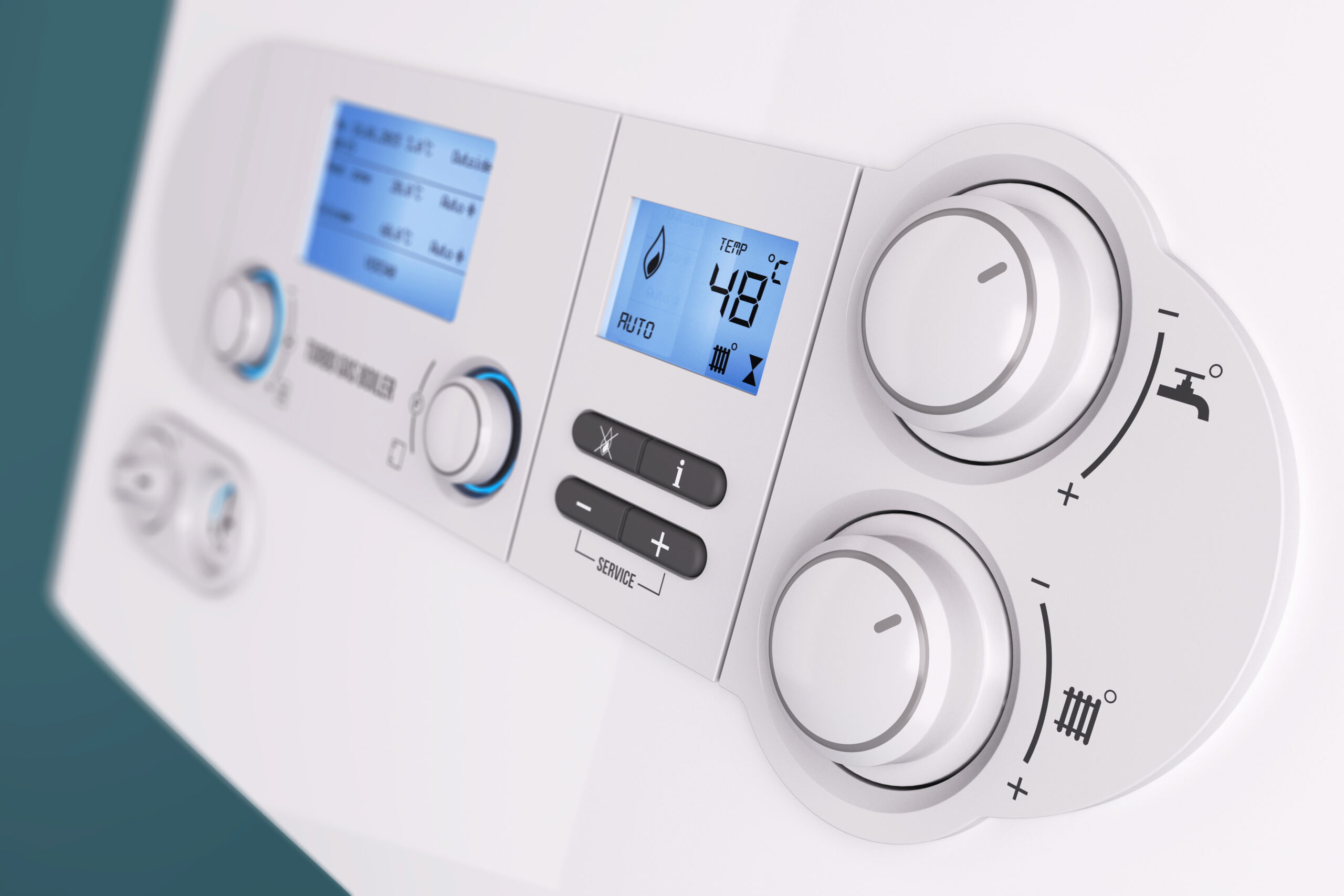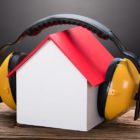There are three main types of boilers for residential properties in the UK: combi boilers, system boilers and conventional boilers. Which one is best will depend on your needs and what is important to you. There are also a number of alternatives coming onto the market in the UK like air source heat pumps and other, often eco-friendlier ways in which to heat your home and water.
Before committing to any type of residential boiler or heating system, it is important you are aware of the benefits, potential drawbacks and implications around whichever heating system or boiler you do choose and install. For example, some properties and some types of buildings are not suitable for air source heat pumps, whereas new build properties in the UK may be better candidates for air source heat pumps and some eco-friendly upgrades.
We have listed the advantages and disadvantages of all your choices so you can work out what is right for you.
Combination Boilers (‘Combi Boilers’)
Combination boilers, also known as ‘combi boilers’ are the most popular type of boiler in the UK. These boilers provide hot water and heat without the need for cylinders or hot water tanks. Combi boilers are available in the UK as either gas or electric. Combi boilers can be fantastic in most types of homes, but are best in homes where lots of people will not need the hot water at the same time.
Advantages of Combi Boilers
- Small and compact
- No need for a tank in your loft
- Unlimited heat and hot water when you need it
- Disadvantages
- Installation can be tricky
- You may see a reduction in water pressure when you need hot water in more than one place at the same time
System Boilers
System boilers (or ‘sealed system boilers’) come with a water cylinder but no water tank. These boilers work well in homes that are concerned about having hot water in many places at the same time.
Advantages of System Boilers
- No need for a tank in the loft
- You will get hot water from many taps at the same time
- Hot water available in multiple parts of the property simultaneously
Disadvantages of System Boilers
- You will not have instant hot water
- Hot water can run out and when it does you will need to wait for it to reheat
- You need to find room for the cylinder in your home
Conventional Boilers
Also known as ‘open vent’ or ‘regular’ boilers, conventional boilers have both a cylinder and a tank. Conventional boilers are great in homes that need to have hot water in two different places at the same time.
Advantages of Conventional Boilers
- You will get hot water from many taps at the same time
- Found in many houses and properties in the UK
- Can be widely serviced by engineers
Disadvantages of Conventional Boilers
- The hot water can run out and you will have to wait for it to reheat
- You need to find room for the cylinder and the tank
- Conventional boilers run on gas, which is not the most energy-efficient
Which Type of Boiler Is the Most Energy-Efficient?
All new, modern boilers will be fairly energy-efficient, but there are many older properties across the UK, which are not as energy efficient. Older boilers tend to be built to last, rather than for efficiency and so may need recurring servicing and parts replacing. All boilers in the UK are sold with an energy efficiency rating to help you know which will be the most efficient. These labels are easy to read and look much like the ones found on kitchen appliances. These labels and ratings are a requirement of the Eco-design for Energy-Related Products regulations.
How I Save Money on Heating?
There are many ways to make heating your home more efficient, but the easiest and most effective is to ensure your house is well insulated. Make sure you have undertaken an air tightness test, which will be able to identify any gaps and vulnerabilities in the building’s envelope. Any air penetration is likely to mean the property needs better insulating.
Insulating your house will mean you save energy, and therefore money on your heating bill year after year. A well-insulated house does not let out the heat as quickly meaning you’ll need to use less energy to keep your house warm. If you are looking to make heating your home more environmentally friendly, consider switching to a supplier who uses 100% renewable energy. Not only is this one of the greenest ways to heat your home, but you may end up saving some money as many renewable energy providers also have very competitive rates.



